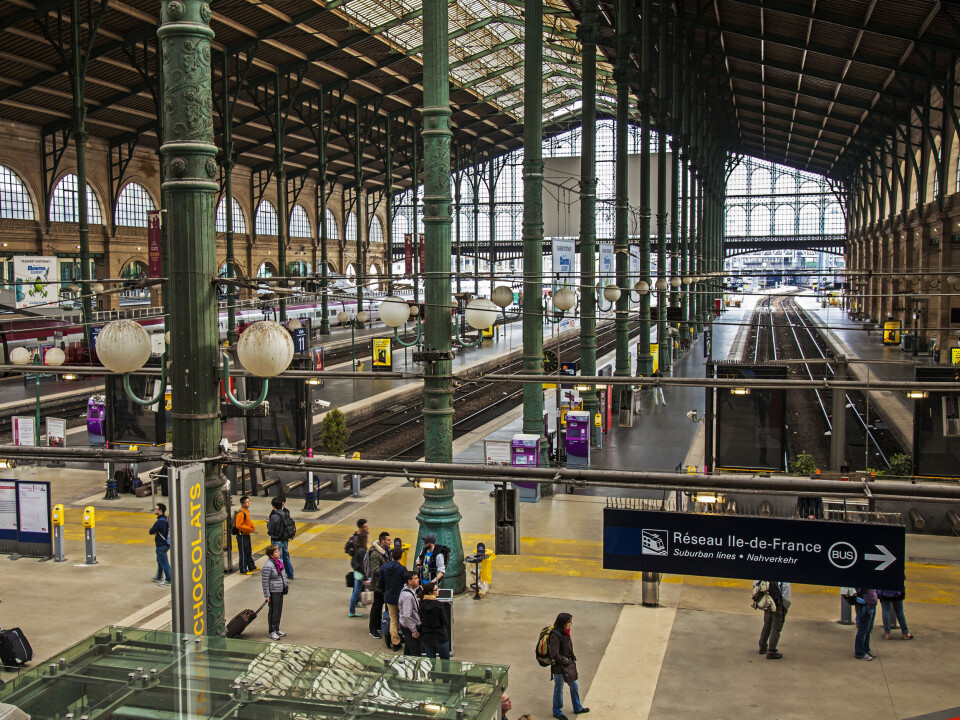-
Can I ask for branded medicine instead of generic at a French pharmacy?
Non-brand drugs are generally cheaper but contain similar ingredients
-
Do I need the devis to contest French builder’s bad job?
An estimate is a legal contract between you and the person doing the work
-
What is diamond sign that has appeared on major road near my French home?
Trial for use of sign is underway
What are the rules for validating train tickets in France?
In France ordinary unreserved tickets can last for two months and so need to be controlled to stop multiple trips on the same ticket

When is it necessary to validate a train ticket in France - and how?
Validating train tickets may not be a reflex for people who are used to foreign rail services, but it is normally a requirement in France and you can be fined for failing to do it.
You must validate (composter) all French train tickets before you board a train unless you have printed your ticket off at home or downloaded it on your mobile phone.
Tickets that are bought or exchanged at a station self-service machine in the hour before you travel may be validated automatically, according to SNCF.
There are yellow compostage de billets machines dotted around stations – normally before you get to the platform – where you can insert your tickets. A date and validation code will be printed on the reverse, and then you will be ready to board the train.
If you forget to validate your ticket before you begin your journey, SNCF says that you should let the train controller know to avoid a potential fine. You have to do this immediately on boarding rather than wait to be approached.
Failing to stamp your ticket can result in a fine of up to €50 - see SNCF.
In most countries a ticket is only valid for one day, but in France ordinary unreserved tickets last for two months, unless for TGV services.
By requiring that passengers validate tickets with a date stamp SNCF hopes to prevent people from travelling several times on a single fare.
The rail company says that stamping your ticket is like putting a signature at the end of a contract, showing that you accept the conditions of sale.
This ‘contract’ with SNCF also involves “insurance cover in the case of a physical injury caused on board the train,” reports Libération.
Stamping tickets also enables SNCF to count the number of passengers aboard different trains and adapt its timetables accordingly.
Related articles
Why the need to validate tickets?
Eight updates for train, ferry and plane travel to and from France
French regions race to fund TGV with €4.1bn before 2022 elections
























